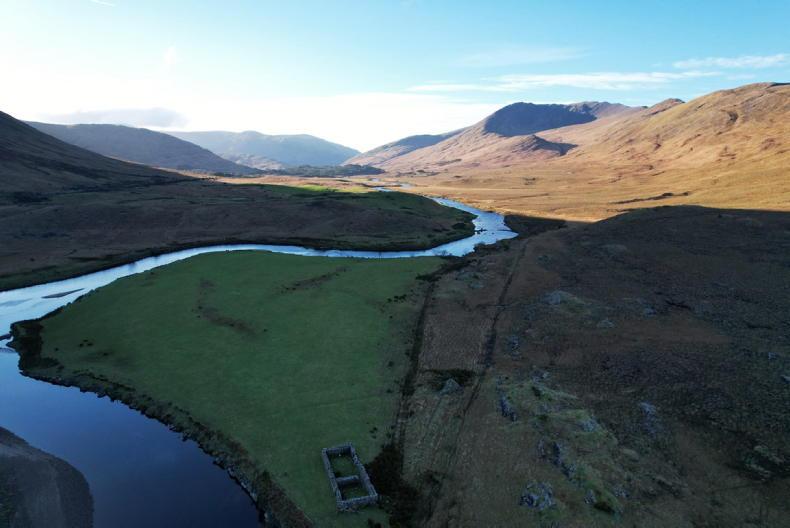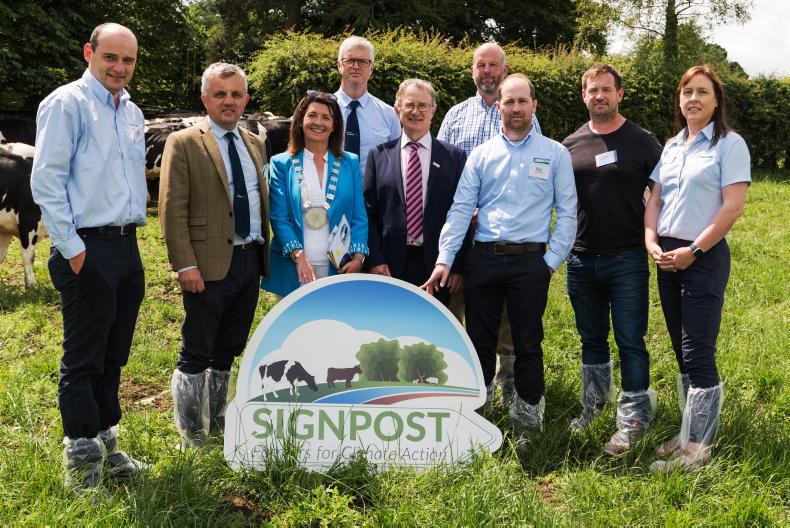On page 8 (11 for our NI readers), David Wright tells us of John Gilliland’s belief that sequestration needs to be part of achieving net zero emissions in Ireland and the UK.
He also suggests the methodology used needs to change to GWP* from GWP 100 as discussed on this page frequently already.
John’s core point is that by just using the right science and adding in sequestration, it changes the negative debate towards farmers.
The narrative on reducing livestock changes to positive actions that will cut emissions, such as using less artificial fertiliser, adopting renewable technologies on farms etc. Interesting to note that in New Zealand, there is now a real logjam between government, policy makers and farm bodies.
Last month the New Zealand government released an agricultural emissions policy. Despite pressure, it stayed away from committing to review the methodology like John Gilliland is asking for above.
Recognition
It did however recognise that sequestration needs to be part of the equation. Prior to the government releasing the report, the New Zealand industry had just released a report it commissioned from Oxford and Cranfield scientists suggesting that a 10% methane reduction by 2030 was enough, and a 47% reduction by 2050.
The New Zealand climate change minister hit back, suggesting he was willing to push back pricing to late 2025, but that pricing would have to be initiated to effect change and invest in new tools. The impasse remains.
It’s a far cry from last December when the New Zealand farm organisations stood beside the then Prime Minister Jacinda Ardern to announce proposals for climate action partnerships.
Clearly Irish farmers need to make carbon sequestration part of our equation to on-farm measurement of gases.









SHARING OPTIONS